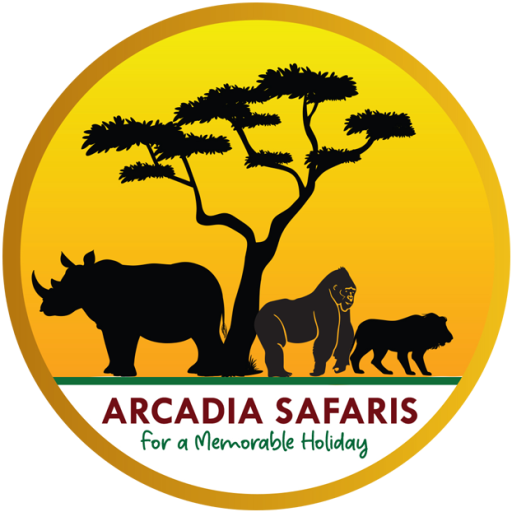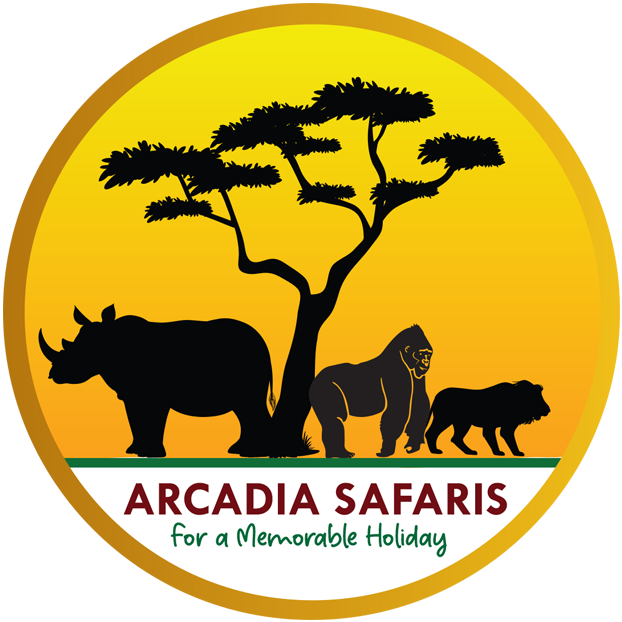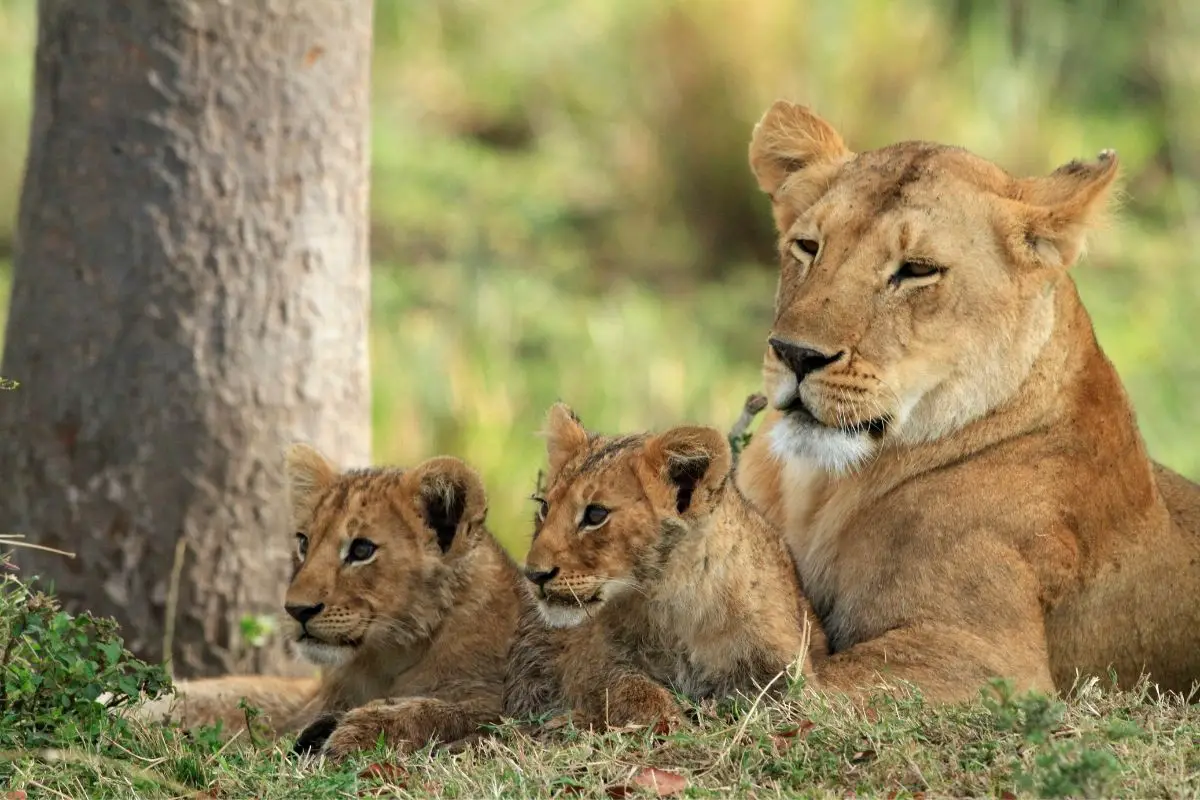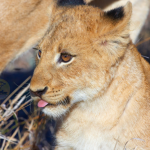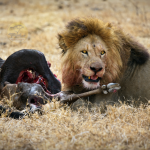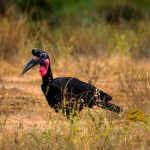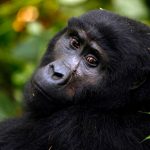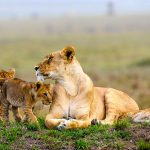How Long Do Lions Live? A Life-span Tour Through Africa’s Majestic Predators.
How Long Do Lions Live; Lions scientifically known as Panthera leo, or so they are sometimes referred to as the “Kings of the Jungle,” might be one of the most recognizable creatures in the animal kingdom. From their muscular build, majestic manes, to the way their social structure is set up, these big cats are just fascinating and have interesting life cycles. Let’s dive right into the life span of lions, what generally determines how long they live, and what makes this journey from cub to adulthood so astonishing.
How Long Do Lions Live in the Wild?
Wild Lions live for about 10 to 14 years; their females outlive their males since they rarely participate in territorial battles. Of course, life in the wild is very hard: males are constantly in danger from other dangerous males, while the females burden themselves with hunting and taking care of cubs. Besides, scarcity of food, injuries from fights, diseases, and people-conflict factors cut their life expectancy short. Free of these stresses, wild lions have days filled with hunting, socializing, and defending territory in their habitat, which test their physical ability and survival every day.
How Long Do Lions Live in Captivity?
In captivity, lions live into their higher years, normally 15 to 20 years, sometimes even over 25 years, given optimal care. Relieved of hazards such as territorial disputes, food-related fatality, and diseases, they are treated by veterinarians on a regular basis and receive wholesome food and safe confines. Without the liberty of the wild, captive lion life is extremely secure and stable; this allows them to outlive those in the wild. Many zoos and sanctuaries stimulate their minds with enrichment activities that contribute to feline comfort. This helps them live even longer.
Stages of a Lion’s Life
Cubs: The life of a lion starts with an unfavorable age. They usually take birth in a litter of two to six, and the cubs fully depend on the mothers. However, in wild survival, the cubs have low rates-up to 80 percent of them do not survive past two years due to predation and food shortage.
Juveniles: From about two years onward into their lives, young lions start to learn how to hunt, investigate the surroundings, and strengthen themselves physically. It is an important period in which cubs learn the social dynamics of a pride. Males eventually get chased out of their natal pride to start a new life, either solitary or in coalition with other males.
Adults: Lions at the prime of their lives are right in the middle of pride dynamics, play a major role in reproduction, and are involved in hunting. Males will work to establish and maintain territory that more often than not brings them into contact with rival males. This generally is the most precarious time in the life of a male because of various fights over dominance.
Older Lions: Those that survive beyond ten years are considered older. They are more susceptible to injury and disease at this age and are often kicked out by the stronger, younger ones. Wild women lions do tend to live a little longer due in part to their stable position in pride life as opposed to the territorial battles of the males.

Factors Affecting the Longevity of the Lion
Food Availability: Availability of food affects the life span of a lion greatly. The lions are top predators, but in many cases, they encounter stiff competition in hunting prey with other major predators like hyenas, leopards, and crocodiles. When drought and scarcity hit them, they starve and hence weaken their bodies, making themselves susceptible to disease.
Fighting for Territory: Many males in this species go through a series of fights over territorial issues-the gaining of new or defending one. Most get injured, and these never get enough time to heal, which results in infections that could mean death. This again makes the male lions’ lifespan short-most do not live beyond ten years.
Human-Lion Conflict: The loss of habitat and human-wildlife conflict are increasingly becoming sources of concern for lions. Poaching, retaliatory killings, and land encroachment remain big threats due to the proximity in which they occur to human settlement. Such encroachment threatens their territories; it may also shorten their lives because of direct confrontations with humans.
Pride Dynamics: Lions are pride-living animals, with well-defined hierarchies and roles. While females in the pride remain there throughout their lifetime, males get usually expelled by their birth pride when they reach 2-3 years of age. Those males who cannot find new territories may record higher death rates because of fierce competition and lack of resources.
Why Do Captive Lions Live Longer?
Captive lions are relieved of the many dangers that plague wild lions, including land battles, poaching, and general food shortage. They obtain regular veterinary care, a measure that prevents contagious diseases among them and treats serious injuries which would have otherwise meant their death in the wild. They also have diet plans that make sure they get uniform nutrition. While captivity provides a longer life, still it may lack the freedom and fulfillment that their natural habitat usually can provide, which is basically an instinctive part of a lion’s life.
Conservation Efforts and Future Outlook
In particular, conservation in Africa is very critical for continuous lion existence in their natural habitats. Organizations and governments are increasingly focusing on protected-area establishment, conflict reduction between humans and lions, and poaching issues. Most sanctuaries and wildlife organizations work to rescue injured lions, rehabilitate them when possible, and offer them a safer environment that would help in preserving this majestic species for the future.

Our Remarkable Packages to See Lions in Africa.
22 Days Best of Uganda Wilderness Adventure
18 Day Exploring Uganda Safari
14 Days Uganda and Kenya Wildlife Safari
14 Day Uganda-Rwanda Wildlife and Primates Safari
10 Day Highlights of Uganda Safari
9 Day Kenya Wild Safari Adventure
8 Day Gorillas-Chimps and Big Five Experience
8 Day Best of Tanzania Wildlife Safari
7 Day Kenya Wildlife Safari Tour
6 Day Gorilla Trekking and Queen Elizabeth
5 Day Serengeti and Lake Manyara Safari
5 Day Maasai Mara and Lake Nakuru Safari
4 Day Tanzania Wildlife Safari
3 Day Best of Akagera National Park
3 Day Ngorongoro Magical Adventure
Conclusion: A Life of Majesty and Challenge
Whether roaming freely on the African plains or under human care in captivity, such is life for the lion, drawing from the dictates of their surroundings. In the wild, lions lead high-octane lives given the threat lurking in nature, while captive ones are cushioned from the harshest real-life experiences and hence may live longer. Understanding the lifespans of these majestic creatures helps to better grasp their resilience and delicate balance necessary to protect them in both settings.
